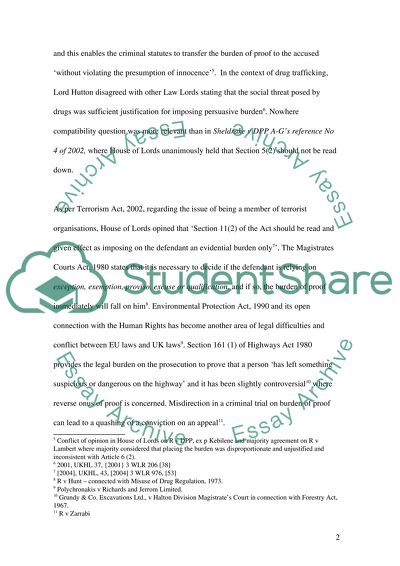Cite this document
(“Evidence Burden Essay Example | Topics and Well Written Essays - 2500 words”, n.d.)
Retrieved from https://studentshare.org/law/1526089-evidence-burden
Retrieved from https://studentshare.org/law/1526089-evidence-burden
(Evidence Burden Essay Example | Topics and Well Written Essays - 2500 Words)
https://studentshare.org/law/1526089-evidence-burden.
https://studentshare.org/law/1526089-evidence-burden.
“Evidence Burden Essay Example | Topics and Well Written Essays - 2500 Words”, n.d. https://studentshare.org/law/1526089-evidence-burden.


